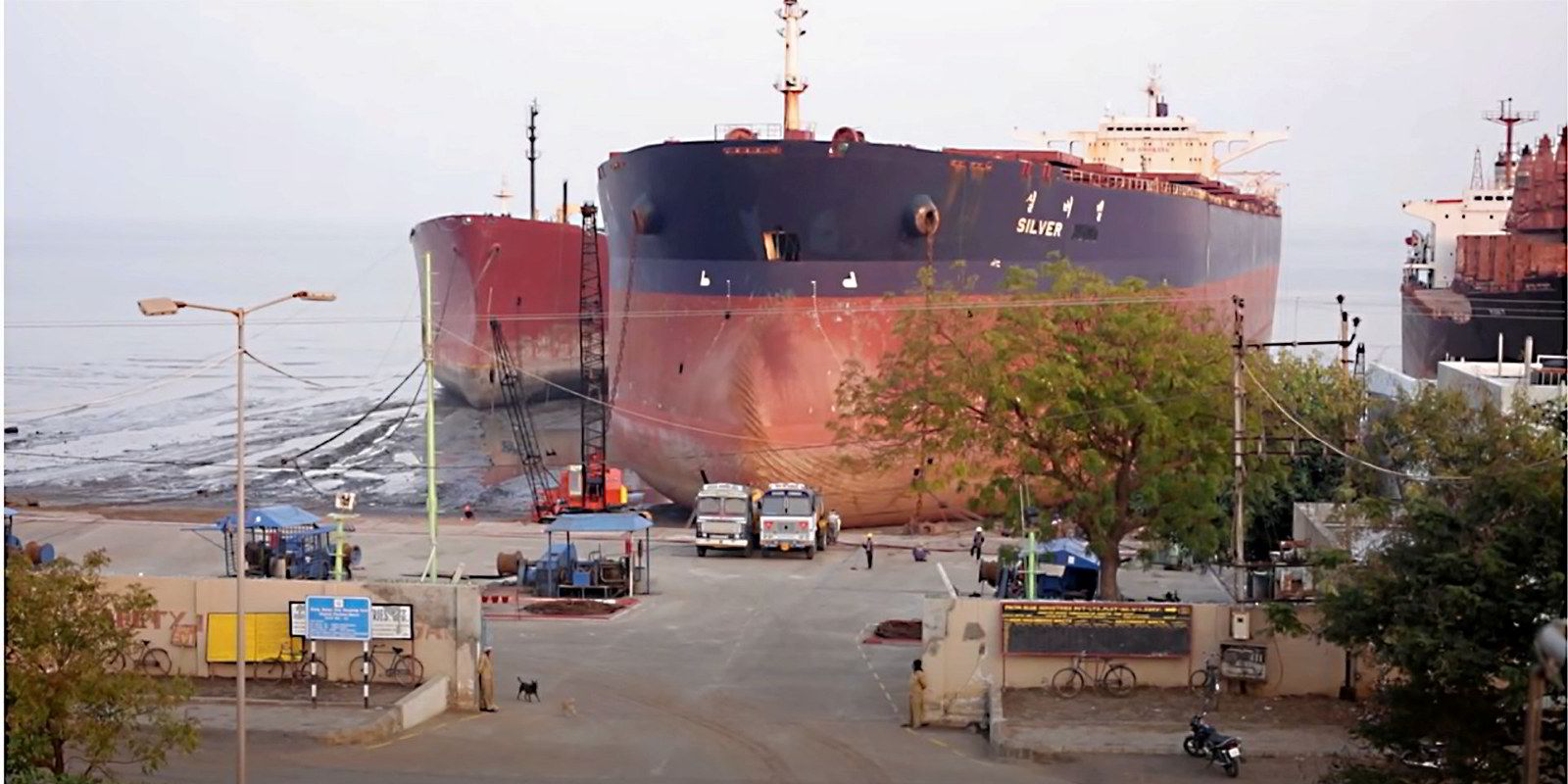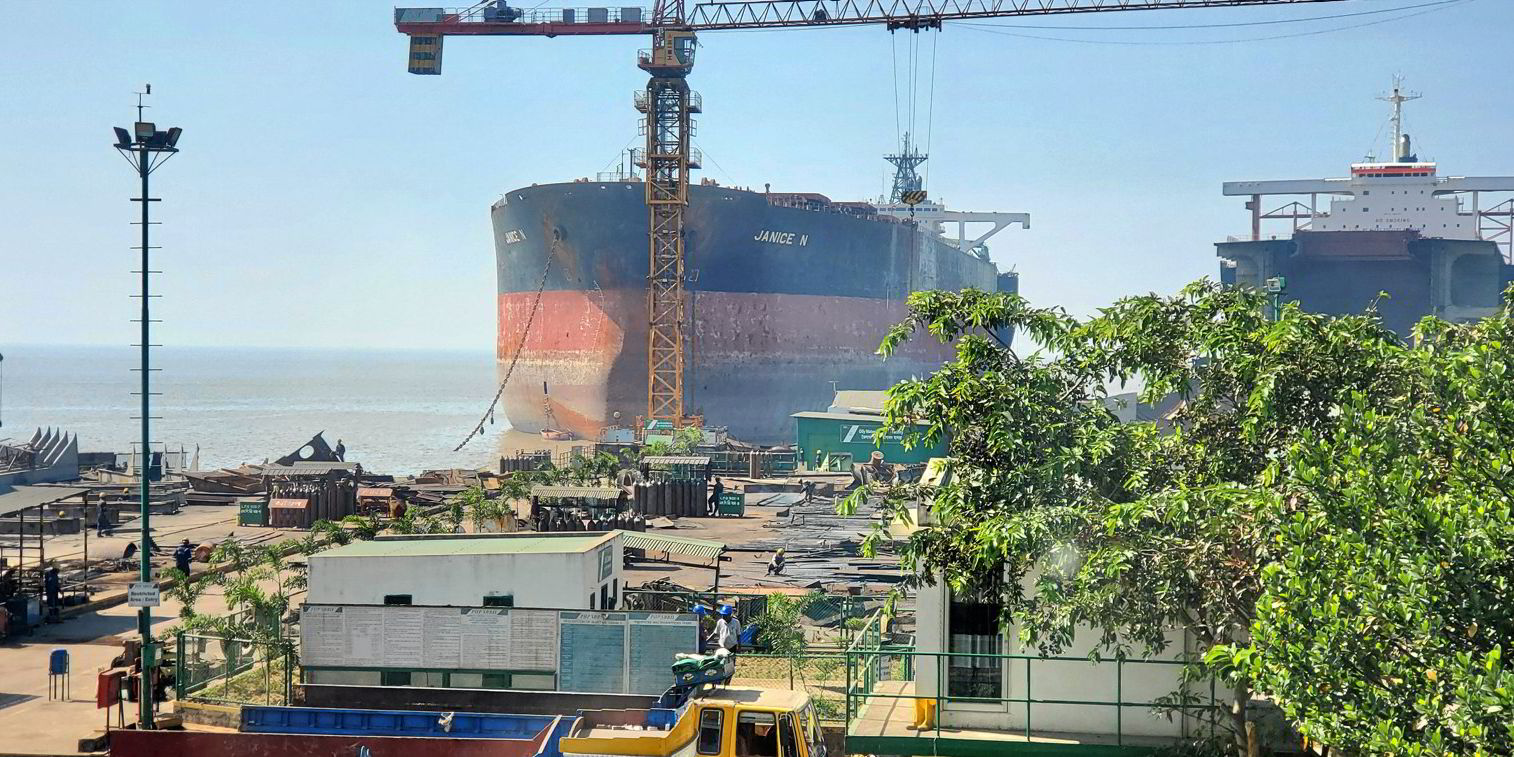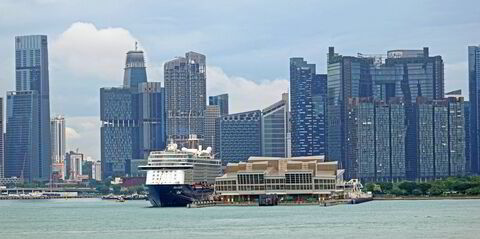Scrapping volumes in the first half of this year were the second lowest half year volumes since 2008, according to Clarksons.
Recycling activity between January and June 2022 saw only 205 units of 4.9m gross tonnes head for recycling facilities.
Ship demolition volumes in the half year were down 59% in gross tonnage terms compared to average recycling volumes in the 2010s, the shipbroker said.
Clarksons said scrapping so far this year is down 34% against already low levels in 2021, while total scrapping volumes have been limited since the second half of 2018, averaging 7m gross tonnes per half year.
“The subdued recycling volumes are even clearer in the context of fleet expansion since 2008,” the broker said.
Ships recycled in the first half of this year represented just 0.3% of the start-of-the-year fleet in gross tonnage terms, the lowest share of the fleet recycled since the second half of 2007, against a half-year average of 1.1% in the 2010s.
“Drilling down into recycling activity by segment reveals even more starkly how little demolition there has been in some segments,” Clarksons said.
“Notably, no container ships have been reported sold for recycling in 2022 so far, the first time no container ships have been reported sold for scrap in a half year on record,” the broker said.
The first three months of 2022 represented the first quarter with no container ship recycling since the fourth quarter of 2005, while only three feeder container ships of a combined 37,000 gross tonnes were scrapped in 2H 2021.
Clarksons said recycling activity in the bulk carrier sector remains historically limited, with the second half of 2021 and the first half of this year representing the first and second lowest half-year bulker demolition volumes since 2008, respectively.
“Even recycling in the tanker sector, which accounted for 53% of gross tonnage sold for demolition in the first half of 2022, is only in line with average tanker recycling volumes in the 2010s,” the broker said.
Clarksons said firm vessel earnings in the year to date and a positive outlook across many sectors has helped to limit the supply of vessels to scrap yards.
“Meanwhile, Covid-19 related disruption earlier this year and, more recently, currency weakness and credit restrictions in the Indian Sub-Continent have constrained recyclers’ ability to acquire tonnage,” it added.
Looking ahead, Clarksons said recycling activity is likely to remain limited for the rest of the year, with a generally positive market outlook in the near term supported by continued disruption and port congestion and improved tanker sector earnings.
However, it warned that building macroeconomic headwinds, increased vessel supply in some sectors such as container ships, the fueling transition and upcoming environmental regulations could make recycling yards a “more appealing destination for the owners of older tonnage”.
“Though recycling volumes are currently going through a historically low period, it might not be too long before a more supportive backdrop for increased recycling volumes begins to emerge,” Clarksons said.





